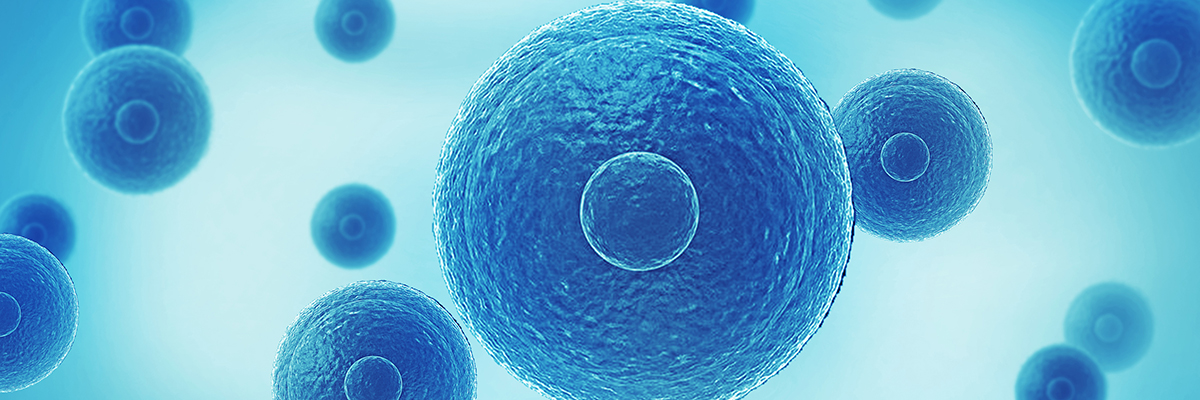The traditional method of antibody preparation is to repeatedly inject the antigen into the animal and then isolate the required antibody from the animal serum. The antibody prepared by this method not only has low yield, but also has poor specificity, low purity and insensitivity.
In the process of animal immune response, B lymphocytes in the body can produce more than one million kinds of specific antibodies, but each B lymphocytes can only secrete one specific antibody. Therefore, in order to obtain a large number of individual antibodies, individual B lymphocytes must be asexually multiplied or cloned to form a population of cells that can produce chemically simple, highly specific antibodies.
Sites and segments of an antigen molecule that can induce antibodies are called epitopes. There are usually many epitopes on an antigen molecule, and each epitope induces at least one antibody. So in traditional antiserums, there are many different antibodies that fight these different antigenic determinants.
For antigens with similar molecular structure, because they contain common or similar antigenic determinant, the antiserum produced will react with these two similar antigens; Therefore, in the detection of this kind of antigen, its specificity is not very ideal, often for false positive, also known as cross reactivity. At the same time, due to the different constitution of individual immunized animals, the reaction to antigen is also very different, so it is impossible to accurately control the level of antiserum titer obtained in each batch.
Each antibody in the serum is secreted by B cells. If B cells can be isolated from the spleen and cultured separately into cell lines, a class of highly specific antibodies that respond to only one epitope can be obtained. If a large number of cell lines are cultured, antibodies of a certain quality and uniform purity can be obtained, which are called monoclonal antibodies.

However, B cells do not grow well in culture medium, and despite efforts to find conditions under which spleen cells can be grown in vitro, the results have not been satisfactory.
Cancer cells grow uncontrollably and easily in culture medium. There are many established cancer cell lines whose growth properties are well known. If the permanent growth properties of cancer cells are introduced into B cells that produce useful antibodies by cell fusion, a permanent growth of B cell lines in the culture medium can be obtained, called fusion tumor cell lines.
Conventional cloning and screening takes 2-3 months, but beacon of redbert (Beijing) Biotechnology Co., Ltd. takes only 5 days, ensures the high yield of cell lines, easily realizes 99.5% monoclonal, fundamentally reduces the cost, and has full image recording and perfect report, which can provide strong evidence for subsequent applications. It has automatic operation and variant design, which can greatly reduce the manual operation and system error of traditional equipment conversion, with high accuracy and high cost performance.
* The above contents are collected online for reference only. If the articles on this site involve copyright and other issues, please contact this site in time and we will deal with them as soon as possible!